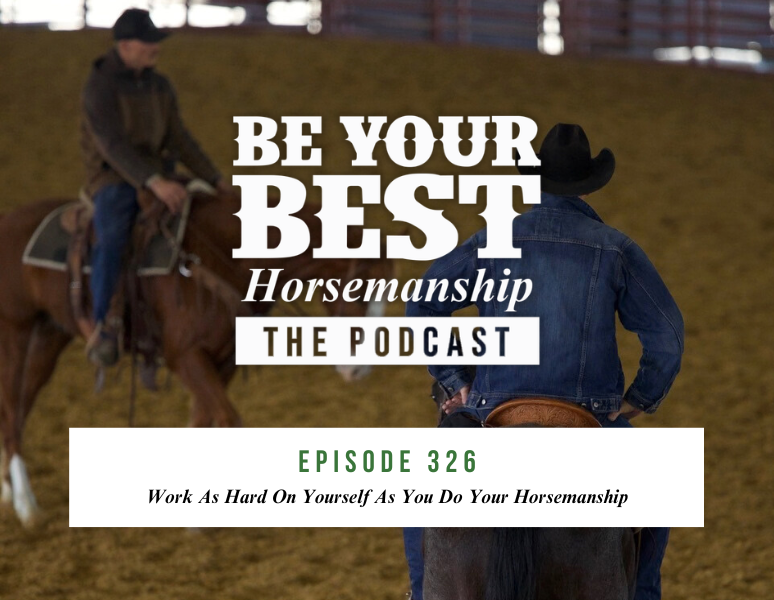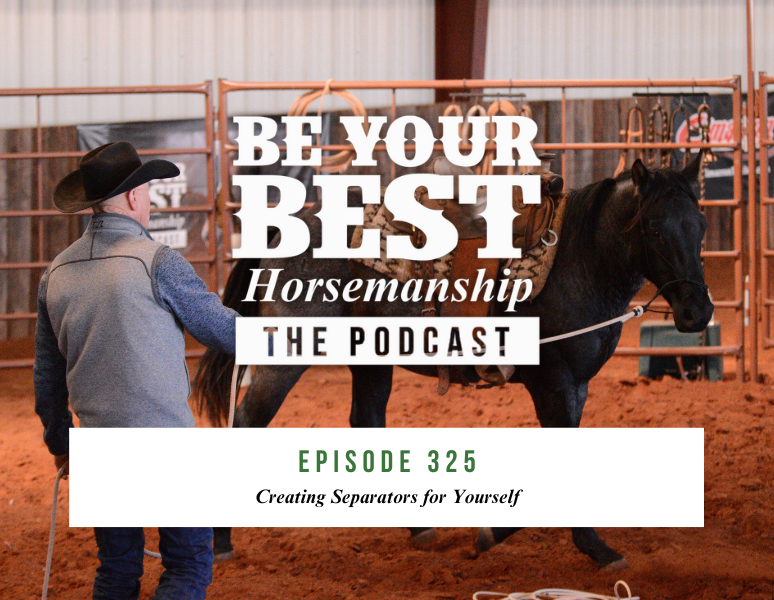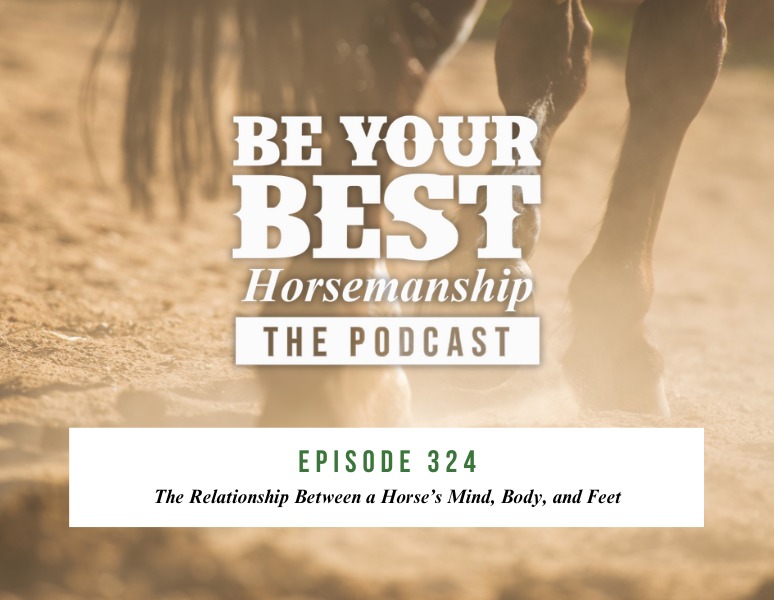Ep 255: Vaccinations & Biosecurity with Dr. Duane Chappell from Merck Animal Health
On this episode, I am joined by Dr. Duane Chappell, a veterinarian and member of the Equine Professional Services team at Merck Animal Health as he shares insights and advice for managing risk of infectious disease by establishing solid systems for vaccination and biosecurity at your training facility.
Episode Resources:
Get Vaccinating Right: https://www.merck-animal-health-usa.com/species/equine/get-vaccinating-right
Foal Vaccinations: https://www.merck-animal-health-usa.com/species/equine/foal-mare-care/foal-care-overview/foal-care-vaccinations
To learn more about Merck Animal Health, visit: https://philhaugenhorsemanship.com/sponsors
About Dr. Duane Chappell
Dr. Duane Chappell has spent his career improving the health of horses through his work in the field, in the classroom and on research projects. He joined the Merck Animal Health Equine Veterinary Professional Services team in 2014 and currently serves as Associate Director, Equine Pharmacovigilance and Professional Services. Before joining Merck Animal Health, Dr. Chappell practiced at mixed animal clinics in the Midwest. He owned and managed solo and group practices and was the resident veterinarian at a Quarter Horse breeding farm. He also served as research monitor, participant and leader in trials involving Rhodococcus equi, equine influenza, exercise cytokines and plasma antibodies while in practice and academia.
Understanding Biosecurity
As Dr. Chappell mentioned, biosecurity can be intimidating because it sounds complex, but it’s really about being proactive. It’s not just about preventing disease outbreaks, but also minimizing their spread when they do happen. Whether it's a case of rabies that could affect both horse and human or an infectious disease like strangles that can disrupt your entire operation, having a plan in place is key. It's about protecting not just your horses but also your livelihood. An outbreak can lead to quarantines and shutdowns, costing you in lost revenue and added expenses.
Vaccinations: Core vs. Risk-Based
One of the most important components of any biosecurity plan is vaccinations. Like many of you, I’ve been vaccinating horses for years, but I hadn’t given much thought to the difference between core vaccinations and risk-based vaccinations. Dr. Chappell broke it down for us.
Core vaccinations are essential for all horses, no matter where you are or what your horses do. These include protection against tetanus, Eastern and Western encephalitis, West Nile virus, and rabies. These diseases don’t require horse-to-horse contact to spread and can pose serious risks, so it’s critical to keep your horses up-to-date annually.
Then, there are risk-based vaccinations. These are for horses that may be exposed to different environments, like shows, races, or trail rides. If your horses are traveling or coming into contact with others, you’ll want to consider vaccinations for influenza, equine herpes virus, strangles, and more. It's all about assessing the specific risks your horses might face, and working with your vet to tailor a vaccination plan to your situation.
Vaccination Timing for Foals
We also touched on a question many breeders have: when is the right time to start vaccinating foals? Dr. Chappell explained that if a foal receives colostrum from a mare that was vaccinated before foaling, they’ll have passive immunity for four to six months. In these cases, vaccinations typically start around five to six months of age. However, if a mare wasn’t vaccinated, the foal’s immune system might be more vulnerable, and vaccinations can begin as early as four months.
No matter when you start, it’s essential to follow up with a booster three to four weeks after the initial vaccine, and another dose at 10-12 months. This ensures long-term protection, especially as horses move on to new owners or environments.
Controlling Infectious Disease Risk with Incoming Horses
A key part of biosecurity is controlling the movement of horses on and off your property. Dr. Chappell gave a great example from his time as a breeding farm veterinarian. It's easy to think your system works perfectly until you have an outbreak. Suddenly, you realize there are multiple points of entry and exit, which makes controlling the spread of disease difficult. Diseases like strangles can live on surfaces like water buckets, clothing, and even vehicle tires, so managing who and what comes onto your property is crucial.
Disinfecting Bits and Tack
When it comes to using bits on multiple horses, most of us don’t have the luxury of having a bit for every single one. So, the key is finding ways to clean and disinfect the bits between rides to prevent passing anything between horses. You’ve got to get creative and work with what you have, both financially and practically. I’ve got my favorite snaffle that I use all the time, and when you're going from horse to horse, you need a simple and effective way to clean it.
The simplest way is just some soapy water. I know it sounds labor-intensive, and it can be, but this is about cutting down the risks. The organic material, like saliva or snot, has to come off because that’s what prevents disinfectants from doing their job. If you can give it a quick rinse, then hit it with some bleach water, that’ll take care of most issues. You can even keep a spray bottle with a bleach solution nearby, so you’re not dipping into the same bucket all day.
It doesn’t take much to reduce the chance of spreading something, and honestly, even if it lowers the risk by 70 or 80%, that’s a huge win. Sure, you can't prevent everything, but it’s about lowering the odds as much as possible.
Personal Hygiene When Handling Horses
Hand hygiene is another easy one. If you can’t always wash your hands between horses, at least have some hand sanitizer around with 70% alcohol. It’s about being mindful—whether it’s washing your hands, cleaning stalls, or keeping things sanitized, small changes can make a big difference.
Why is an Equine Biosecurity Plan Important?
At the end of the day, it’s about preparation. We know things are going to happen. Whether it’s an outbreak or just day-to-day challenges, having a plan in place is everything. You don’t want to be scrambling when something goes wrong—you want to be ready, calm, and know exactly what to do. And when you’ve got a plan, it’s like having a storm shelter—you may never need it, but when you do, you’re not running around trying to figure out where to start. Biosecurity is simply about being prepared. It's about understanding the risks, working closely with your veterinarian, and putting plans in place that protect not only your horses but your business as well. With the right vaccinations and a proactive approach, you can reduce the risks and keep your operation running smoothly.




